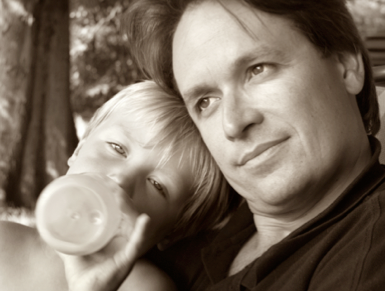 This vulnerable place. How do I protect it? Nourish it?
This vulnerable place. How do I protect it? Nourish it?
The old me wants to pull the shutters, withdraw to safety and shut down. She wants to throw up defenses and barriers and pretend not to care so much—and definitely not feel so much.
The new me stands facing a paradox. She knows the only way to protect vulnerability is to open wider. She wants me to spread my arms, my heart, my mind out… out… out… ever wider to receive: to let it all in… the good news, the bad, the sharp criticisms, the praise, the adulation, the indifference. It’s all just energy. Gifts! It’s the way I interpret the gifts that wounds.
I wound myself. But oh, how easy it is to believe that others and the world do it to me!
It was a telling task, selecting a photo for this blog. I wanted to find a totally open woman’s face to tell the tale. But Googling ‘vulnerability + woman’ mostly garnered images of abuse—women with black eyes and bruised faces; women curled in self-protective fetal positions; women crying, women sitting in dark stairwells, depressed and crumbling inside.
Like so many other things, this is man’s idea of vulnerability—and thus society’s. The word itself comes from the late Latin verb vulnerare: to wound. No surprise we now believe vulnerability means certain injury; the place of walls down and no reinforcements; the state of mind of the victim; a place you don’t want to visit. And if you do find yourself there, get out as quickly as possible!
And yet in the process of unearthing long-dismissed feminine aspects of my being this past decade, I’ve come to see vulnerability as an asset. Explaining my tentative revelation to my close friend Louise who’s been living in northern India near the border of Nepal for the last two years, she told me the following story.
“I’m living next door to a young man who teaches tantra. Not the sex stuff,” she hastened to say. “The West has blown the sexual aspect tantra way out of proportion to the actual practices here in India.”
“Figures,” I replied. “So, what does he have to say about vulnerability anyway?”
“It was the most amazing story. He talked about the ancient goddess temples here and how the priestesses were so completely open—sexually, psychically, emotionally and mentally—that they were completely safe and protected during upheavals and times of trouble. No man would ever think of harming one of them.”
My mind was whirling. Had I just heard what I thought I’d just heard?
“Wait a minute, “ I said. “Are you saying that the women had no physical protection because they didn’t need it?”
“Exactly,” she said. Her voice trembled with emotion over the long-distance line. “He said their power lay in their vulnerability; that they were so aligned with the life force, so utterly open and naked of defenses that they radiated a power so great it made them completely untouchable and inviolate.”
Holy crap! I could sense the reality her words conjured. My own journey had been opening me to a level of sensitivity and emotional availability I’d never imagined possible. And it didn’t make me feel weak. It made me feel strong. It made me feel like a lithe, young animal—a doe standing on a hill, nose lifted into the wind, nostrils flared, catching brief fragrances and exotic scents from a far off land: the perfume of freedom filling me with excitement and fear, longing and anxiety.
It was me I was sensing—the whole of me. A woman I hadn’t met yet. A radiant feminine force filled with the intoxication of living and the power of loving and the glory of no barricades, no barriers and no fears. A woman, gloriously divine and recognized as such by man… and herself.
We were silent for a while, minds dancing, feeling the possibilities, the faint static of six thousand miles between us, the weight of ages and the dust of fallen temples and innocence finally laid waste underscoring the moment. We didn’t talk much longer after that. She went back to her day, to the noise and bustle of markets and food stalls under cerulean Himalayan skies.
And me? I imagine throwing the shutters open wide.

